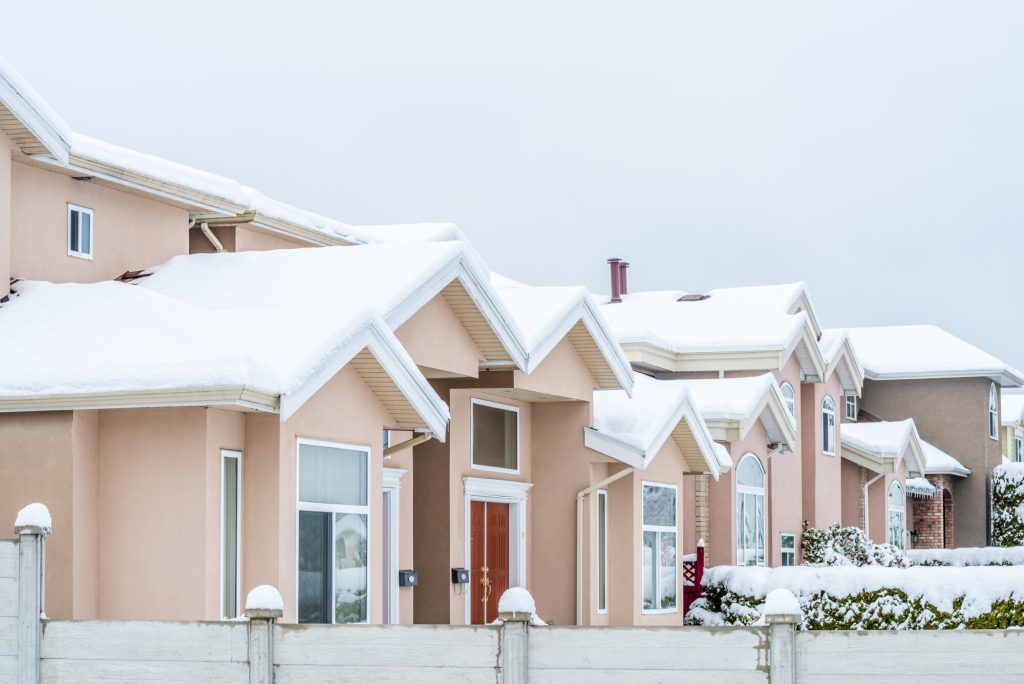The legal responsibilities of homeowners associations are important for every community. These rules help keep neighborhoods safe and fair for everyone. Knowing them can stop problems before they start.
Every HOA must follow laws and its own rules. They must also treat all homeowners fairly. Understanding these legal duties helps build trust and peace in the community.
Understanding the Purpose of an HOA
A homeowners association manages shared spaces and enforces community rules. It works to keep properties in good condition and support a pleasant living environment. The HOA also handles budgets, meetings, and improvement projects.
The legal responsibilities of homeowners associations include protecting residents’ rights and interests. This means following laws, being fair, and managing money responsibly. It also includes making decisions that benefit the entire community.
When an HOA understands its purpose, it can serve residents more effectively. A clear mission helps board members make good decisions. This builds a strong and peaceful neighborhood.
Following HOA Rules and Regulations
Every HOA must follow specific HOA rules and regulations. These rules are written in official documents like bylaws, covenants, and community policies. They help set clear expectations for both residents and the board.
Following these rules ensures fairness and consistency. Homeowners are aware of their responsibilities, and the board knows how to enforce rules effectively. This reduces confusion and helps everyone get along.
When rules are applied equally, trust grows within the community. People feel confident knowing the HOA treats everyone the same. This balance creates a healthy neighborhood environment.
Ensuring Homeowner Rights Are Protected
Homeowners deserve to enjoy their property without unfair limits. Protecting homeowner rights is one of the most important jobs of an HOA. The board must respect privacy, safety, and freedom within community laws.
HOAs cannot create rules that target certain people unfairly. They must follow fair housing laws and avoid any kind of discrimination. These laws protect everyone equally.
When homeowner rights are respected, communities become stronger. People feel valued and are more likely to cooperate with the HOA. Respect builds harmony and unity in the neighborhood.
Understanding HOA Board Duties
The HOA board duties include managing money, enforcing rules, and planning community improvements. Board members must act in the best interest of the neighborhood. They should make decisions with honesty and care.
Each board member has a duty to be transparent and ethical. They handle finances, contracts, and homeowner concerns. Acting responsibly helps maintain the trust of the community.
When board members perform their roles well, everyone benefits. Homeowners feel confident that the HOA is working for them. This creates a stronger and more united community.
Maintaining Legal Compliance for HOAs
Every HOA must ensure legal compliance for HOAs at all times. This means following all laws at the city, state, and federal levels. Ignoring these rules can cause legal trouble or fines.
Compliance includes accurate records, clear budgets, and fair voting practices. It also covers open meetings and transparent communication with residents. These actions protect both the board and homeowners.
When an HOA stays compliant, it avoids unnecessary risks. It shows that the board values honesty and professionalism. A legally compliant HOA keeps the community safe and respected.
Managing HOA Liability
HOA liability refers to the legal risks that can come from HOA actions or negligence. These risks may include accidents, injuries, or poor maintenance. Managing liability is a key part of responsible HOA leadership.
To reduce risk, HOAs should maintain proper insurance coverage. They should also inspect shared areas regularly to prevent accidents. Taking action early saves money and avoids legal issues.
When an HOA manages liability well, it protects both residents and the board. This keeps the community safe and stable. It also shows that the HOA takes its responsibilities seriously.
Working with an Association Management Company
Many HOAs choose to hire professionals for help. Partnering with an association management company can make daily operations easier and more efficient. These experts handle finances, maintenance, and record-keeping.
A management company also helps with legal and financial compliance. They offer guidance on how to follow state and community laws. This support reduces stress for board members.
Working with professionals allows the HOA to run smoothly. It ensures tasks are handled correctly and on time. This partnership leads to a stronger, more organized community.
Practicing Good HOA Governance
Good HOA governance means leading the association with fairness, honesty, and organization. It involves open meetings, clear communication, and proper record-keeping. Good governance keeps everything running smoothly.
The board should include residents in decision-making. Sharing updates about projects and finances builds trust. Openness helps avoid conflict and misunderstanding.
Strong governance makes communities thrive. It ensures that everyone’s voice is heard and respected. A well-governed HOA sets the foundation for long-term success.
Handling Financial Responsibilities
An HOA must manage its money carefully. This means collecting dues, paying bills, and planning for future expenses. Good financial habits help the HOA stay stable and prepared.
The board must be honest and transparent about all spending. Homeowners should receive updates and reports about how funds are used. Clear communication builds financial trust.
Responsible financial management prevents future problems. It ensures the community can handle repairs and projects when needed. A strong financial plan keeps the neighborhood secure.
Promoting Transparency and Communication
Good communication is the key to a strong HOA. When the board shares updates and decisions clearly, everyone stays informed. This prevents confusion and strengthens relationships.
Regular meetings, newsletters, and emails help keep homeowners involved. Transparency shows that the board values residents’ opinions. It also encourages cooperation and respect.
Open communication makes problem-solving easier. It builds unity between homeowners and board members. A transparent HOA creates a friendly and peaceful neighborhood.
The Lasting Value of Responsible Homeowners Associations
The legal responsibilities of homeowners associations help keep neighborhoods fair and peaceful. When HOAs follow the law, everyone benefits. It builds trust and keeps the community safe and organized.
Clear rules and good communication make a big difference. They help prevent conflict and promote teamwork among residents. A strong HOA creates a better place for everyone to live.
Did this article help you? If so, take a look at some of our other blog posts for more informative reads.







